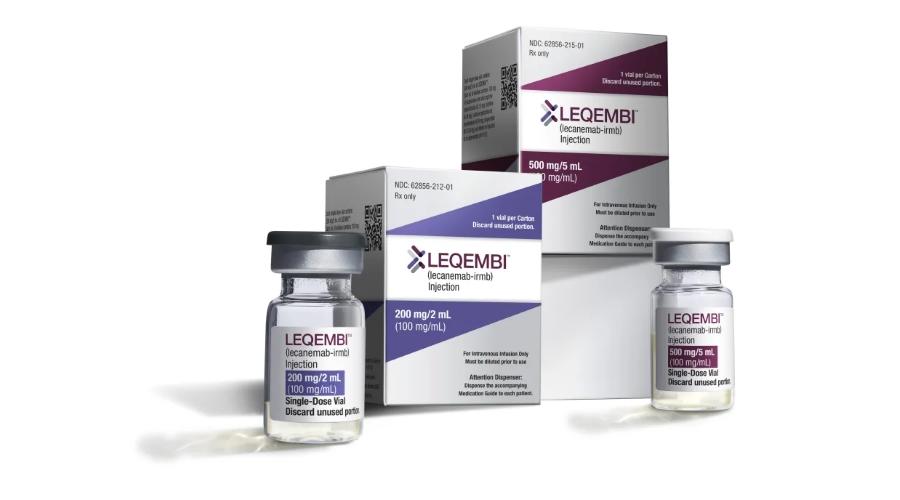Eisai files Leqembi in Korea, as US prospects firm up

Eisai has filed for approval of its Alzheimer’s disease therapy Leqembi in South Korea, just ahead of an FDA advisory committee meeting that has raised confidence that the drug is on course for full approval in the coming weeks.
It is the first filing for Biogen-partnered Leqembi (lecanemab) in Asia after China and Japan, and comes after the amyloid-targeting therapy was also filed in the EU, GB, and Canada. It was granted accelerated approval by the FDA in January.
The next test for the drug will be the FDA’s advisory committee tomorrow, where experts are expected to be asked by the regulator to vote on two questions: whether the results of the CLARITY-AD study support Leqembi’s claimed clinical benefits, and if its overall benefit/risk profile is favourable across a range of patient subgroups.
A briefing document published by the FDA yesterday hasn’t revealed any major concerns at the agency, which notes that the data suggests a “clinically meaningful” effect of the drug on cognition scores, and show “consistently favourable results for the primary and secondary endpoints across the pre-specified subgroups of interest.”
Meanwhile, on safety, the reviewers write that the safety data “do not appear to preclude traditional approval of lecanemab” and are consistent with the current labelling for the drug under the accelerated approval.
Safety discussion at the meeting will likely focus on the risk of amyloid-related imaging abnormalities (ARIA) – potentially life-threatening reactions that seem to be more common in patients with ApoE ε4 mutations and among those taking anticoagulants – as well as cerebral haemorrhage and infusion-related reactions, such as hypersensitivity.
Eisai and Biogen will be hoping for an advisory committee that is controversy-free, after the debacle of the 2021 meeting for Leqembi forerunner Aduhelm (aducanumab). The FDA approved Aduhelm against the advice of its experts, prompting resignations from the panel and an investigation into allegations that the regulator had not behaved properly during its review process.
The FDA is due to make a decision by 6th July on converting Leqembi to a full approval, which would make it much easier for patients in the US to get access to the drug, as use is currently restricted only to clinical trials.
Even if approved, however, patients in federal care plans will have to participate in a registry that will be used to monitor safety and efficacy, which has been criticised in some quarters as placing an unnecessary barrier to more widespread access.
Overall, though, analysts say they are increasingly confident of approval of Leqembi, with a broad label, and widespread coverage by insurers. Eisai recently said it was forecasting more than $7 billion in Leqembi sales by 2030 if regulatory approvals follow its expected timeline.












